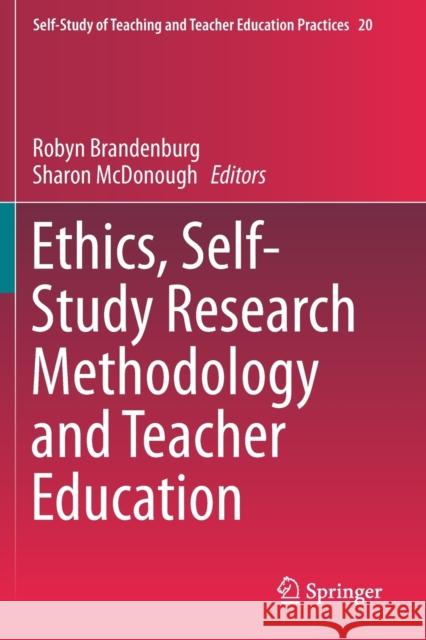Ethics, Self-Study Research Methodology and Teacher Education » książka
topmenu
Ethics, Self-Study Research Methodology and Teacher Education
ISBN-13: 9789813291379 / Angielski / Miękka / 2020 / 176 str.
Ethics, Self-Study Research Methodology and Teacher Education
ISBN-13: 9789813291379 / Angielski / Miękka / 2020 / 176 str.
cena 402,53
(netto: 383,36 VAT: 5%)
Najniższa cena z 30 dni: 385,52
(netto: 383,36 VAT: 5%)
Najniższa cena z 30 dni: 385,52
Termin realizacji zamówienia:
ok. 16-18 dni roboczych.
ok. 16-18 dni roboczych.
Darmowa dostawa!
Kategorie:
Kategorie BISAC:
Wydawca:
Springer
Seria wydawnicza:
Język:
Angielski
ISBN-13:
9789813291379
Rok wydania:
2020
Wydanie:
2019
Numer serii:
000419699
Ilość stron:
176
Waga:
0.28 kg
Wymiary:
23.39 x 15.6 x 1.07
Oprawa:
Miękka
Wolumenów:
01
Dodatkowe informacje:
Wydanie ilustrowane











